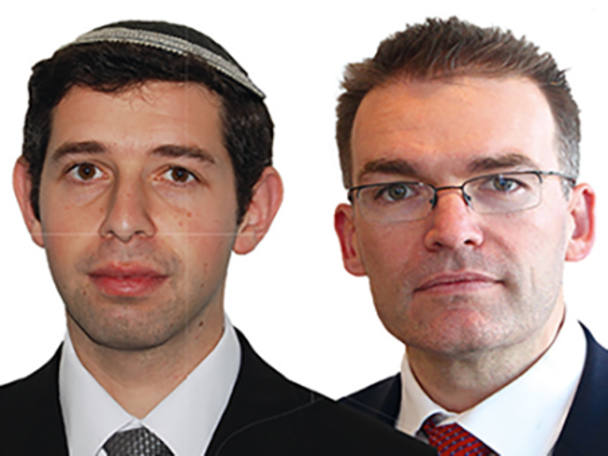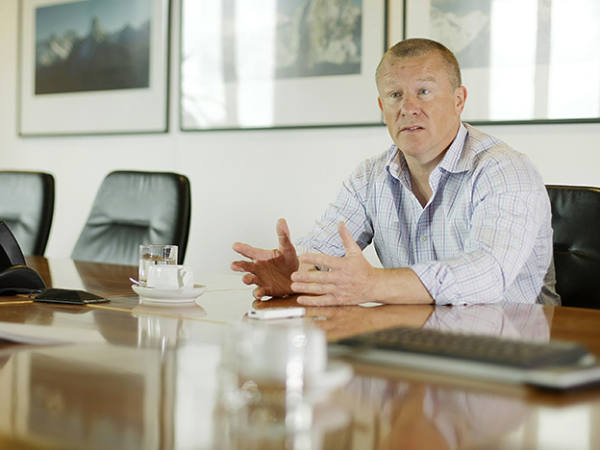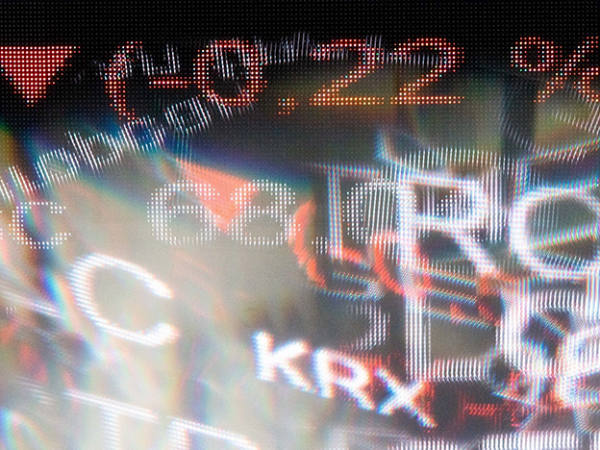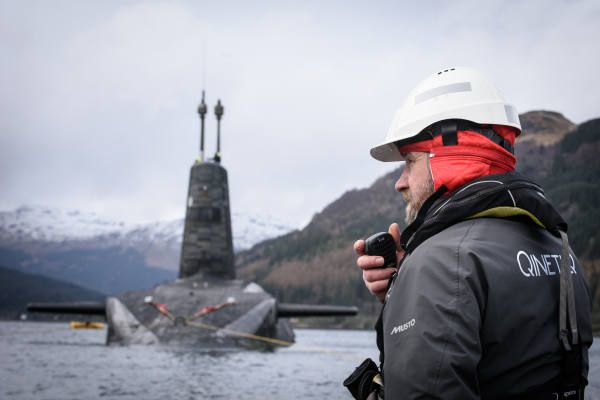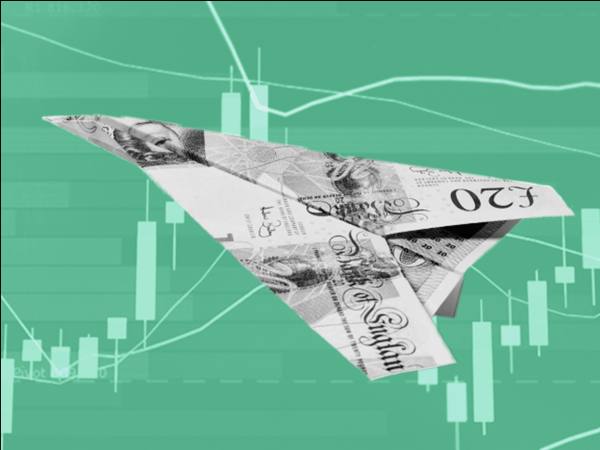Eastern Europe and Russia may not seem like an attractive investment proposition, what with regional conflict, political risk and the dominance of certain volatile sectors such as oil and gas. But Christopher Colunga (pictured right), co-manager of BlackRock Emerging Europe (BEEP) investment trust, argues that the time to consider emerging markets is not when most people would expect.
"Emerging Europe offers deep value relative to other emerging and western markets," he says. "Last year was a fabulous year for eastern European markets, but they are still very cheap - they have not moved in valuation terms."
At the end of April 2017, MSCI Emerging Europe index was on a forward price-earnings ratio of 8.1, in contrast MSCI Emerging Markets on 12.5 and MSCI World on 17.3.
"Emerging Europe has had a lost decade - elsewhere there have been multiple record highs over the past 12 months," says Sam Vecht (pictured left), co-manager of BlackRock Emerging Europe. "Yet it still has some way to go before recovering the past decade. MSCI Emerging Markets Europe is way below its 2007 high."
Eastern European companies can also offer good dividend yields, "and these are rising, plus the vast majority are supported with operating cash flow", continues Mr Colunga.
Earnings had been falling since 2012 but bottomed in January 2016, and have been recovering since then. "Earnings are down, but share prices are down considerably more," adds Mr Vecht.
The economics look good too. "The stewardship of the Russian economy is among the most orthodox," says Mr Vecht. "Inflation is declining and the central bank is cutting rates. Russia reacted in the right way to the oil price halving, which is why it is reaping the benefits today. But rates are still positive, so banks can take deposits and lend them out at a slightly higher spread."
The trust's second-largest holding is Russia's largest bank, Sberbank (SBER:MCX), which is state-owned. It has branches throughout the country and a 50 per cent share in the retail deposit market.
Moneta Money Bank (MONET:PRA), meanwhile, which accounts for 4.4 per cent of the trust's assets, has a well established position in consumer finance and a growing position in small- to medium-sized enterprise lending in the Czech Republic.
Financials are the trust's largest sector exposure, accounting for about a third of assets, and include more than banks. For example, PZU (PZU:WSE) Poland's largest insurance company and Aviva Emeklilik ve Hayat (AVISA:IST), meanwhile, is involved in a number of areas in Turkey, including private pensions and life insurance.
This is one of a number of "hidden gems" in areas outside traditional sectors in emerging Europe. These areas also include Russian internet, which the trust gets exposure to via Mail.Ru (MAIL), which owns Russia's leading social network and associated internet businesses.
Russian transport is also offering opportunities such as Globaltrans (GLTR), a freight rail transportation group with operations in Russia, the Commonwealth of Independent States and the Baltic countries.
In the Russian healthcare sector, MD Medical (MDMG) is the leading player in the Russian private healthcare market for women and children.
The trust has 60 per cent of its assets in Russia - 8 per cent more than its benchmark, MSCI Emerging Europe 10/40 index. However, the Russian stock market is dominated by oil and gas companies, some of which the trust holds and can do badly if the oil price falls.
But Mr Vecht says: "We don't have to be in Russia. Half of our investment universe imports [oil] and half exports it. We can go long Poland, Turkey and Greece and have nothing in Russia. Energy prices are important, but because we are a regional rather than a single-country Russia fund, we can asset allocate accordingly."
And Mr Colunga thinks that if the oil price continues to trade at between about $45 and $50 a barrel there is upside to Russia. He adds: "But we don't need it to move - if it goes up more we would be concerned because Russian orthodox economic policy might stop."
Sam Vecht and Chris Colunga's CVs Sam Vecht is head of BlackRock's Emerging Europe & Frontiers team, and co-manager of BlackRock Emerging Europe, BlackRock Greater Europe Investment Trust (BRGE) and BlackRock Frontiers Investment Trust (BRFI). He has worked at BlackRock since 2000. Christopher Colunga is co-manager of BlackRock Emerging Europe and joined BlackRock's Global Emerging Markets team as a director in January 2016, where he focuses on eastern European investments. Before this he spent five years managing long/short equity strategies focused on the Emea and MENA regions at Charlemagne Capital and Och-Ziff Capital Management. He has also worked as an equity analyst at Schroders (SDR), specialising in Russia, Turkey and the Czech Republic. |
The trust's managers take a benchmark-agnostic approach to portfolio construction, which they say allows them to express long-term, high-conviction country and sector views. This is done via a fairly concentrated portfolio - the trust only has 26 holdings.
Mr Vecht and Mr Colunga also look for contrarian value in under-owned companies with stable or improving returns. They seek those with under-appreciated return on investment, but which are making disciplined investment for future sustainable growth.
A geographic position that could be said to be contrarian is Greece, which accounts for over 8 per cent of the trust's assets. This country has been of concern for reasons including uncertainty on whether it can honour its debt commitments, and the risk that it might leave the eurozone.
But Mr Colunga says: "We have a very positive view on Greece, which is becoming more competitive. We expect agreement with creditors, so there could be significant upside compared to its peers in eastern Europe. Greek banks have done well over the past nine months, and could do well going forward."
Current holdings include National Bank of Greece (ETE:ATH) and Alpha Bank (ALPHA:ATH).
And he adds: "[In Greece] there are a range of interesting opportunities we would consider at the right price and risk/return level."



